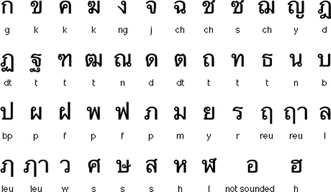

Ten million or one crore (Indian English) Nine hundred ninety-nine thousand (American English) Nine hundred and ninety-nine thousand (inclusively British English, Irish English, Australian English, and New Zealand English) One hundred thousand or one lakh (Indian English) Ten thousand or (rarely used) a myriad, which usually means an indefinitely large number. As the English language has no language academy to make usage correct there is still a wide variety of usage, other languages do have language academies which ruled on these matters, yet their rulings are deprecated by international standards like the SI system or EU recommendations which leads to varied usage. Thus a half would be written 0.5 in decimal, base ten notation, and fifty thousand as 50 000, and not 50.000 nor 50,00. As a result some style guides recommend avoidance of the comma (,) as a separator and only to use the period (.) as a decimal placement. The use of the, as a separator is avoided in some languages as it is used for a decimal placement, for example with money. For the number one thousand it may be written 1 000 or 1000 or 1,000, for larger numbers they are written for example 10 000 or 10,000 for ease of human reading. So too are the thousands, with the number of thousands followed by the word "thousand". In English, the hundreds are perfectly regular, except that the word hundred remains in its singular form regardless of the number preceding it. If a number is in the range 21 to 99, and the second digit is not zero, the number is typically written as two words separated by a hyphen. 9 Whether or not digits or words are usedĬardinal numbers refer to the size of a group.3 Multiplicative adverbs and adjectives.


 0 kommentar(er)
0 kommentar(er)
